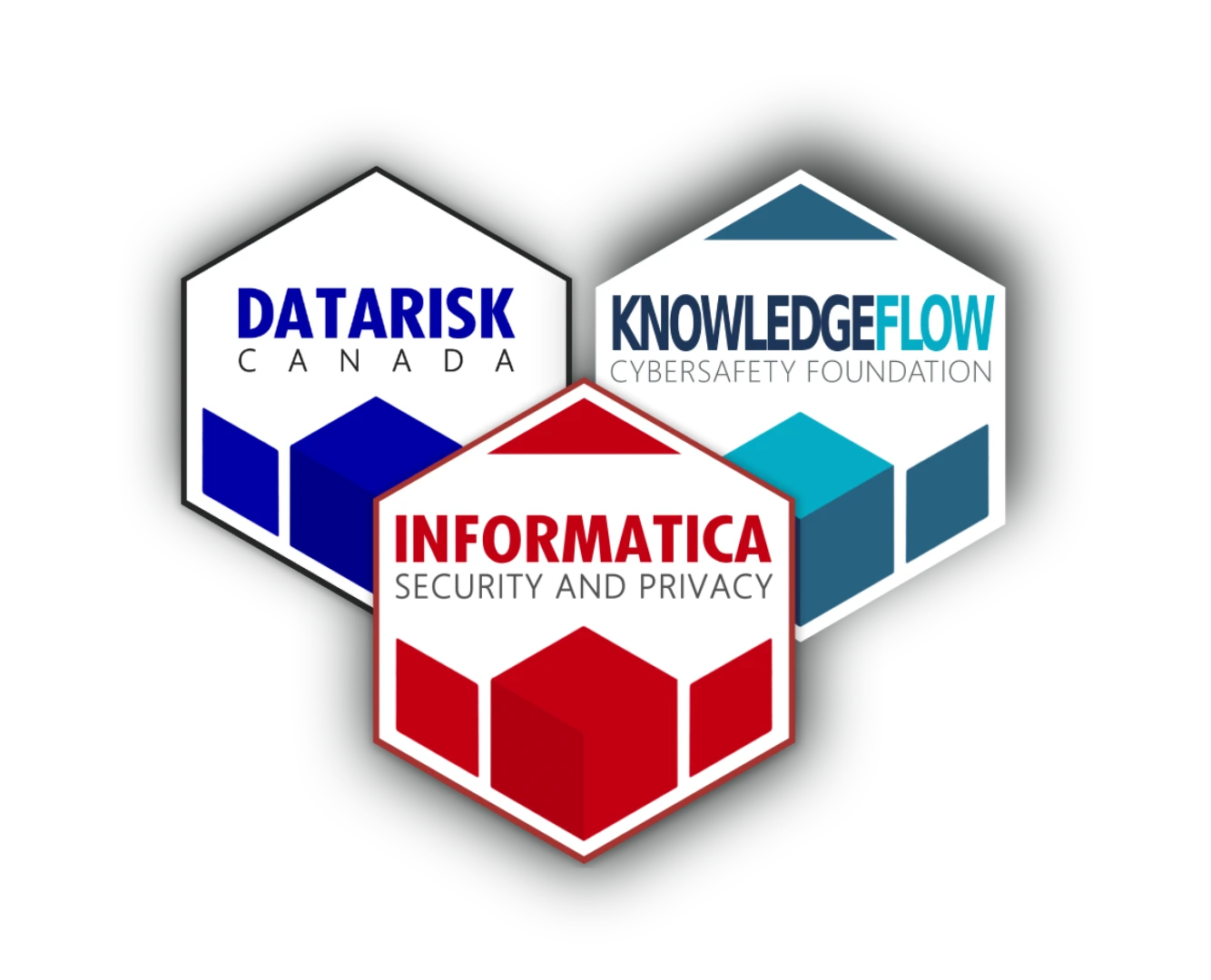Cybersafety Sentinel December 2022 Week 4 | Informatica
Weekly Insights from Cybersafety Sentinel
Stay updated with Informatica’s Cybersafety Sentinel’s December 2022 Week 4 edition. This week, we explore critical topics such as LastPass data protection issues, Apple’s new data protection features, quantum computing cybersecurity law, wiretapping vulnerabilities in smart speakers, cybersecurity recognition in Canada, and deepfake regulations in China. Gain expert strategies to enhance your cybersecurity measures and protect your digital assets.
Featured Cybersafety Sentinel Posts
Check out our featured posts below for the latest insights from Cybersafety Sentinel.

Claudiu’s Top Post
How do you sell smart technology to consumers when there is an ethical responsibility to gain informed consent about the real risk of harm presented by connected devices? The quasi-infinite connectivity of the Internet of Things (#IoT) could mean that everyone will eventually need to watch a privacy briefing prior to buying a vacuum cleaner, or take a security awareness class before connecting a smart TV to their home network. Read More

Cybersecurity Responsibilities in EdTech
This research was an attempt to address directly the issues emanating from digitalising education by meeting its providers: the EdTech businesses. Between 2021 and 2022 around 41% of primary schools and 70% of secondary schools in the UK experienced cyber breaches. Some small vendors see security around education data as “not close to the bone” as, say, health data. Read More

Sick Kids Hospital Cybersecurity Incident
Toronto’s SickKids hospital is dealing with a cybersecurity incident affecting several network systems but says patients will continue to be treated. A hospital spokesperson says it has called a “Code Grey” system failure, which went into effect at 9:30 p.m. on Sunday. SickKids says there is no evidence that personal or health information has been impacted. Read More

Private Medical Records Not Protected
The Office of the Information and Privacy Commissioner is warning that the system that stores the private medical information of British Columbians could be easily hacked. In a statement, the PHSA said it is working continuously to enhance its security and protect private information and will review the report. Read More

Creating Malware Just From Text
It turns out ChatGPT has a dark side: It can create malware – without being given any snippet of code. That means less-skilled criminals can learn to become cyber-attackers. That’s the conclusion of Check Point Research, which ran an experiment to see if ChatGPT can turn regular text into malware or phishing campaigns. Read More

Epic Games $520M Settlement
Epic Games will issue the largest customer refund in history in connection with unwanted charges in Fortnite — $245 million — and pay a record penalty of $275 million for alleged violations of the Children’s Online Privacy Protection Act. And the FTC says Epic employees began flagging problematic default settings as early as 2017. Children and teens have also been exposed to dangerous and psychologically traumatizing issues, such as suicide and self-harm, through Fortnite. Read More








